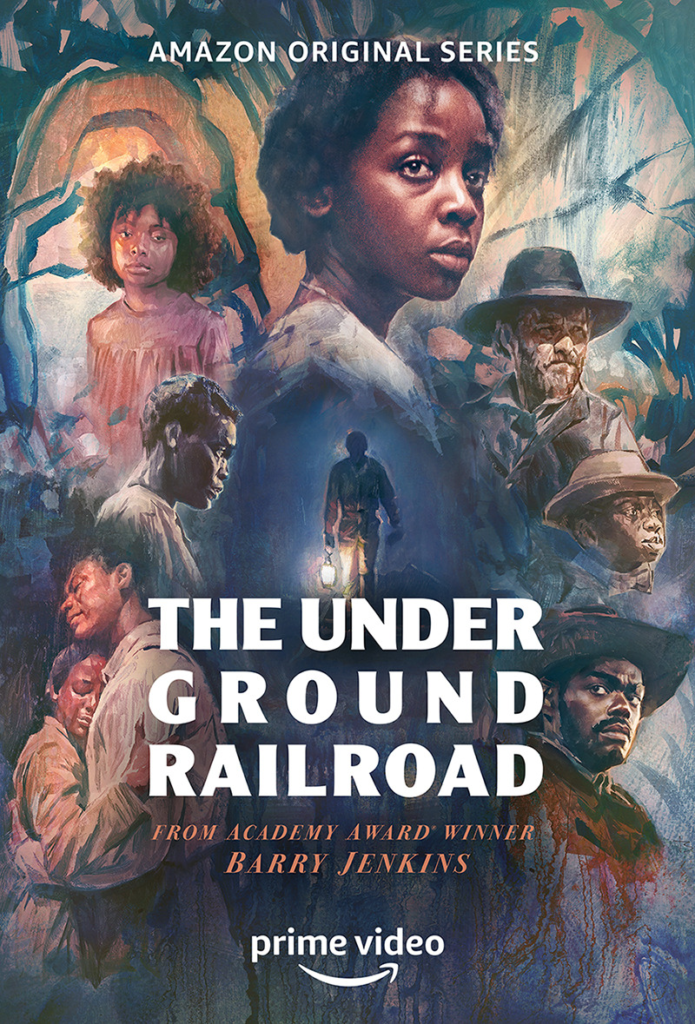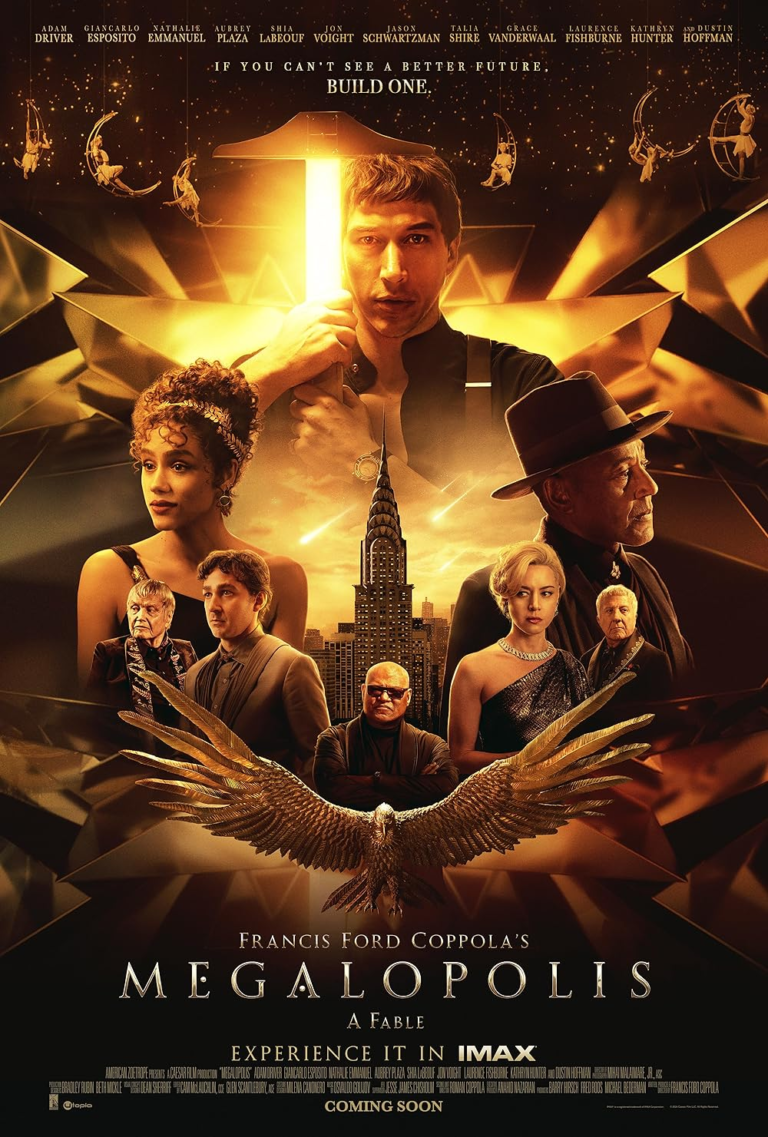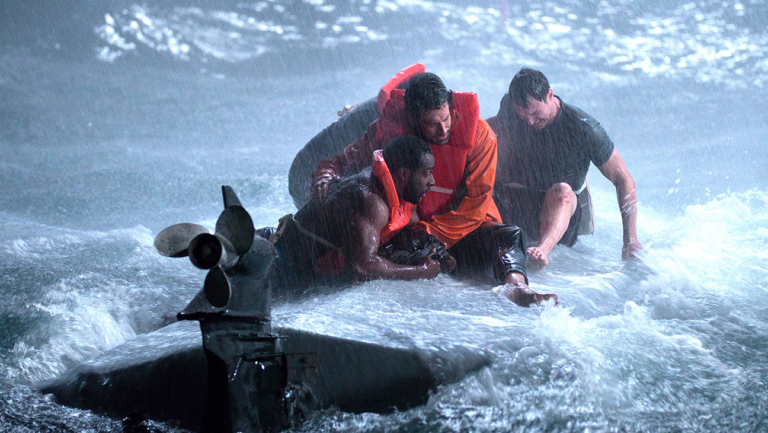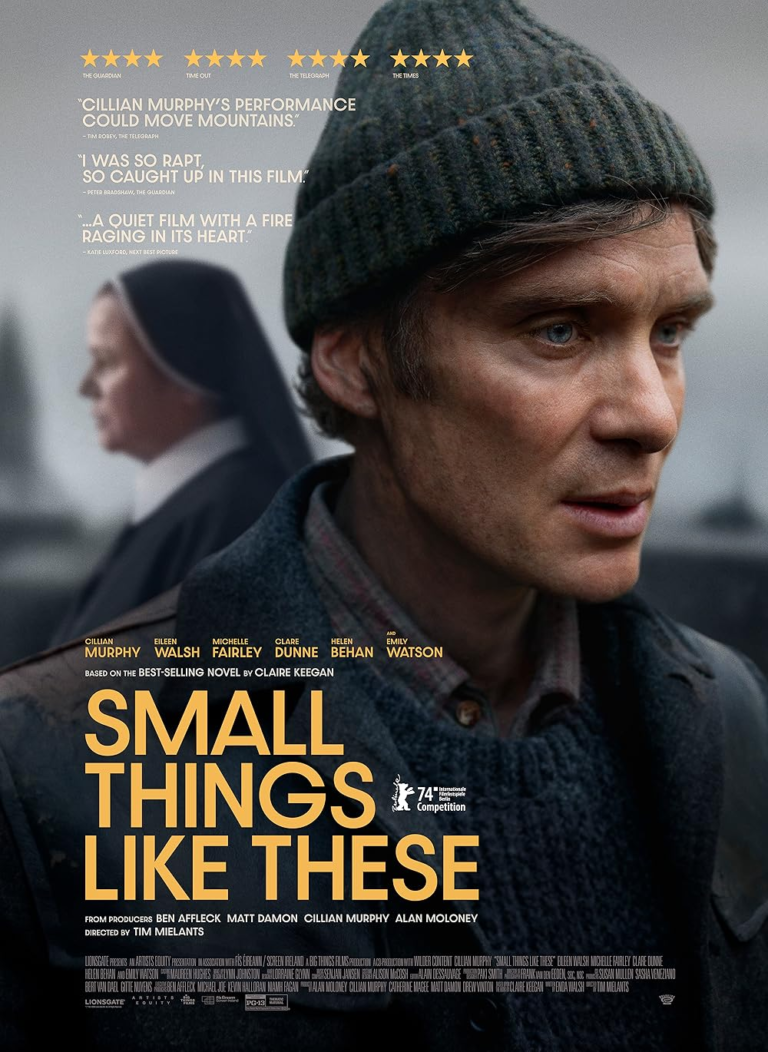The Underground Railroad Christian Review

Stories of American slavery have been told so many times and in so many ways that sometimes, unfortunately, they start to blend into each other—another tragedy in a long line of tragedies, another tale of nameless, faceless suffering. But The Underground Railroad, both in Colson Whitehead’s novel and its adaptation by Barry Jenkins, takes a familiar narrative and flips it into something profound, even transcendent. It’s an experience, not just a viewing. This isn’t the kind of show you binge casually on a rainy Sunday afternoon. No, it demands your full attention and then some. It grabs you by the shoulders, shakes you, and asks you to bear witness. With brutal honesty and a hauntingly poetic style, Jenkins breathes life into Whitehead’s words, turning a story of escape and freedom into a visceral reckoning with America’s ugliest roots.
From the outset, there’s no easing into this world. We’re introduced to Cora, a young enslaved woman who makes a desperate run for freedom. And from the moment she steps onto the literal underground train that Whitehead imagined—a breathtakingly surreal twist on the historical network of safe houses and secret routes—there’s no turning back. Jenkins’ camera follows her every step, unflinchingly documenting not just her physical journey but the emotional and spiritual toll it takes. It’s a series that, quite frankly, will wear you out if you let it. But that’s the point. There’s no escape from the harsh realities it portrays, no sugarcoating or neat, comforting resolutions. This isn’t a history lesson; it’s an unrelenting confrontation.
The Rails of Hope and Despair
Imagine, for a moment, a world where a vast network of tunnels and trains snake through the underground, ferrying runaway slaves from one end of the South to the other. In most hands, such a premise would feel like mere fantasy, a clever metaphor brought to life. But Jenkins doesn’t treat the underground railroad as a gimmick. Instead, it’s imbued with a sense of weight, both physical and moral, a vessel of hope and terror that’s as much a part of Cora’s journey as the scars on her back.
The stations she encounters are more than just places—they’re stages in a pilgrimage, each one holding its own promise of safety or threat, freedom or betrayal. One stop is a picture-perfect town that’s too good to be true, with dark secrets festering beneath its polished veneer. Another is a bleak industrial wasteland, a landscape devoid of life, where hope is suffocated under the crushing weight of labor. At each juncture, the tracks curve and bend, but never quite lead where you expect. And that’s the brilliance of this adaptation: it mirrors the unpredictability of Cora’s path. She’s running for her life, but she’s also running toward something indefinable, something that’s always just out of reach—like a promise whispered but never kept.
Pain, Pathos, and Persistence
It’s not just the grand set pieces or the sweeping, heart-stopping moments of violence that stay with you, though those are certainly unforgettable. What lingers are the smaller, quieter moments—the pauses between breaths when Jenkins lets his camera linger on a face, a hand, a gesture. Thuso Mbedu’s portrayal of Cora is nothing short of astounding. She doesn’t just play a woman on the run; she embodies the fierce, unyielding determination of someone who’s been pushed past every conceivable breaking point but refuses to shatter. There’s a rawness to her performance, a vulnerability that makes Cora’s struggle feel deeply personal.
And yet, it’s not just about Cora. Each character she meets along the way, whether ally or enemy, is fully realized, layered with contradictions and complexities. There’s no caricatured villainy here, no monolithic evil. Even the most monstrous characters are human, which makes their cruelty all the more chilling. But, by the same token, the show doesn’t reduce its Black characters to mere symbols of suffering. There are moments of humor, of joy, of quiet dignity that shine through the darkness. Jenkins refuses to let his characters be defined solely by their pain.
Faith in the Midst of Fury
For Christian viewers, The Underground Railroad can be both a challenge and an affirmation. Slavery, after all, is a stain on the American church as much as it is on the nation’s history. There are scenes that show just how scripture was twisted and contorted to justify unspeakable evil, how the Bible became a weapon used to keep people in bondage rather than a beacon of hope and liberation. Watching these moments, it’s hard not to feel a deep sense of anger and shame. How could the very words meant to set captives free be so misused?
But then there are other moments—subtle, almost hidden—where the true heart of the Gospel breaks through. Cora’s story is not just about running from; it’s about running toward. Toward a place where she can finally breathe, where she can look in the mirror and see herself not as someone else’s property but as a person of worth and dignity. And in that struggle, there’s a kind of spiritual truth that resonates. It’s the promise of redemption, not as a single moment of salvation, but as a long, painful, often stumbling journey.
A Cinematic Sermon on Sin and Salvation
There’s no getting around it: The Underground Railroad is a hard watch. It’s unflinchingly graphic at times, not in a gratuitous way, but in a way that makes you sit up and really see the horrors that too often get glossed over. Jenkins’ camera never looks away from the suffering, the blood, the tears. But neither does it dwell there. There’s a gentleness to his direction, an understanding that while the pain is real, it’s not the whole story.
In that way, the show becomes something of a parable—a visual sermon on the nature of sin and salvation, on the weight of evil and the power of grace. Jenkins doesn’t offer easy answers or pat conclusions. He doesn’t let us off the hook with the kind of feel-good resolutions that so many other shows fall back on. Instead, he leaves us with a sense of awe, of wonder, and of profound sorrow.
But he also leaves us with hope. Not a cheap, surface-level optimism, but a deep, abiding hope that even in the darkest of places, light can be found. It’s a hope grounded in the sheer, unbreakable dignity of the human soul, in the belief that no matter how far we fall, redemption is always possible.
Final Verdict
If I had to put a number on it, I’d give The Underground Railroad a 9 out of 10. It’s not just a show—it’s a journey. A harrowing, beautiful, gut-wrenching journey that you won’t soon forget. It’s not an easy watch, and it’s certainly not for everyone. But for those willing to engage with it, it offers something rare: a story that doesn’t just make you think but makes you feel. It’s a series that breaks your heart and then, somehow, stitches it back together again.






